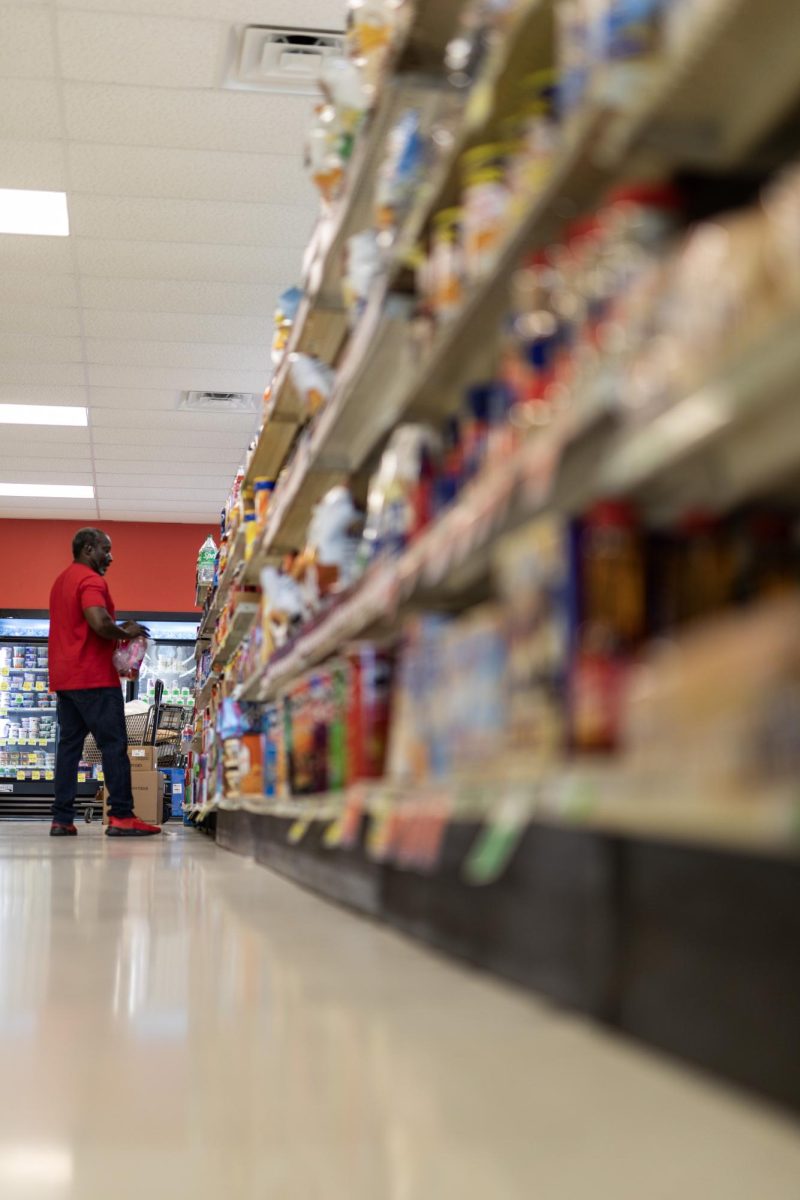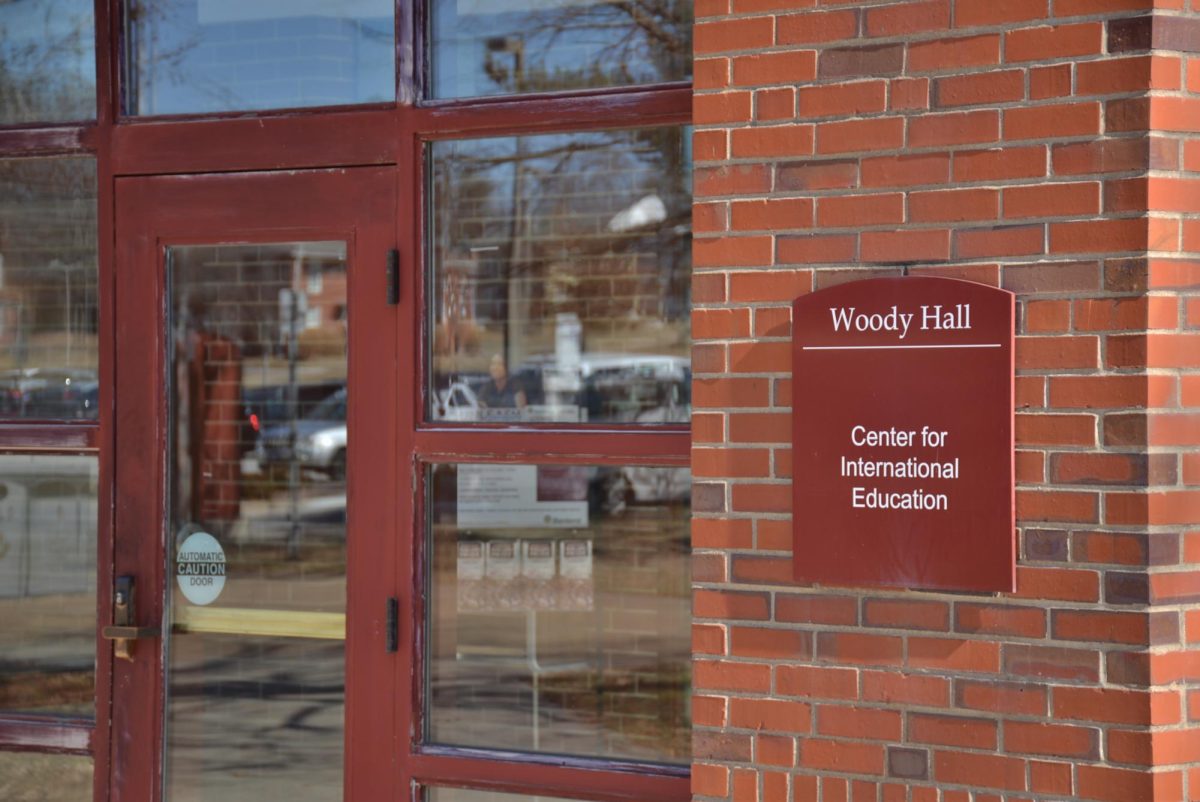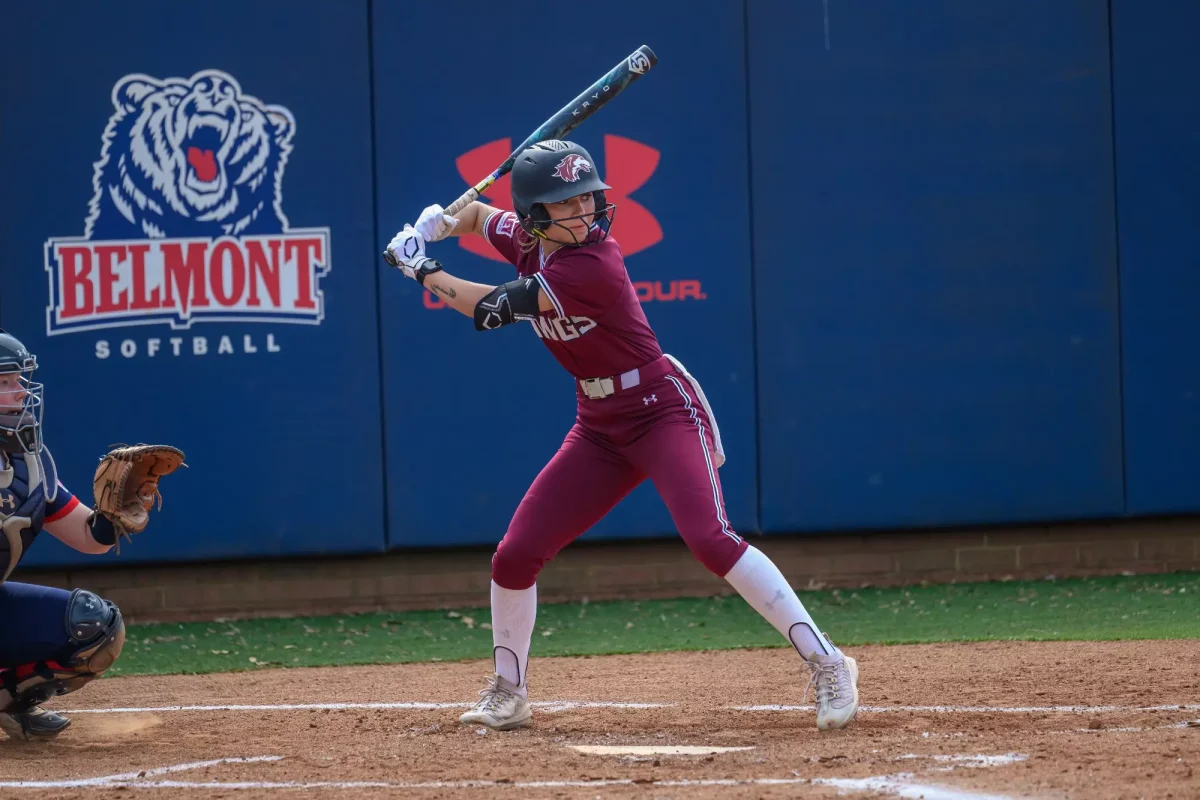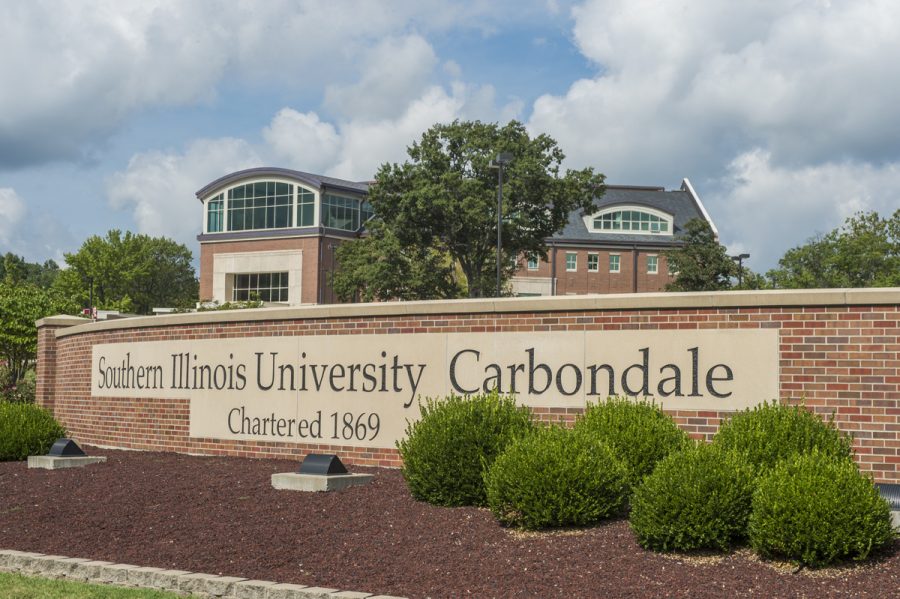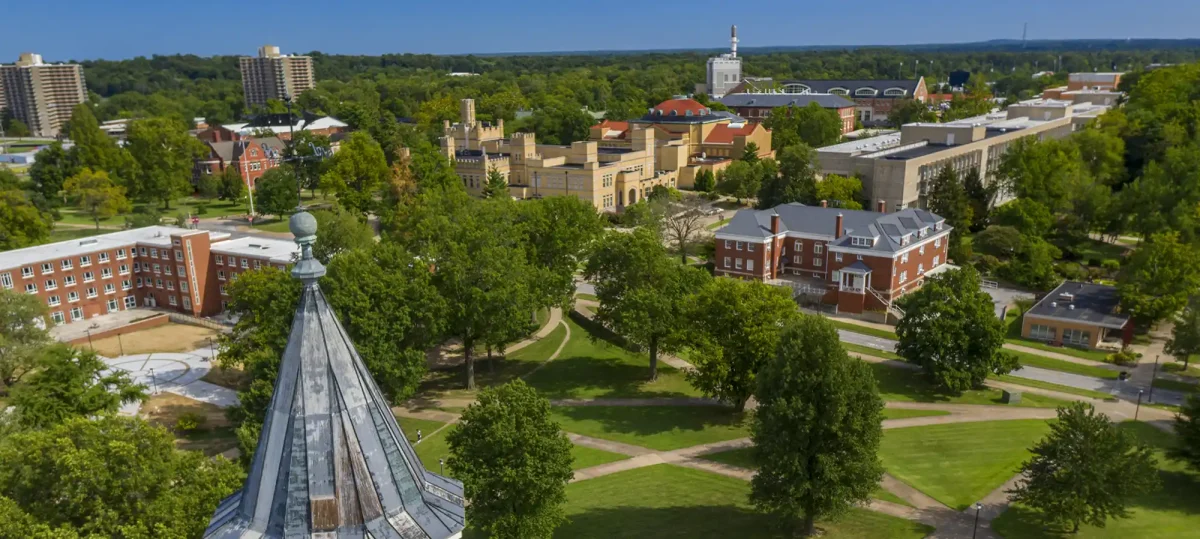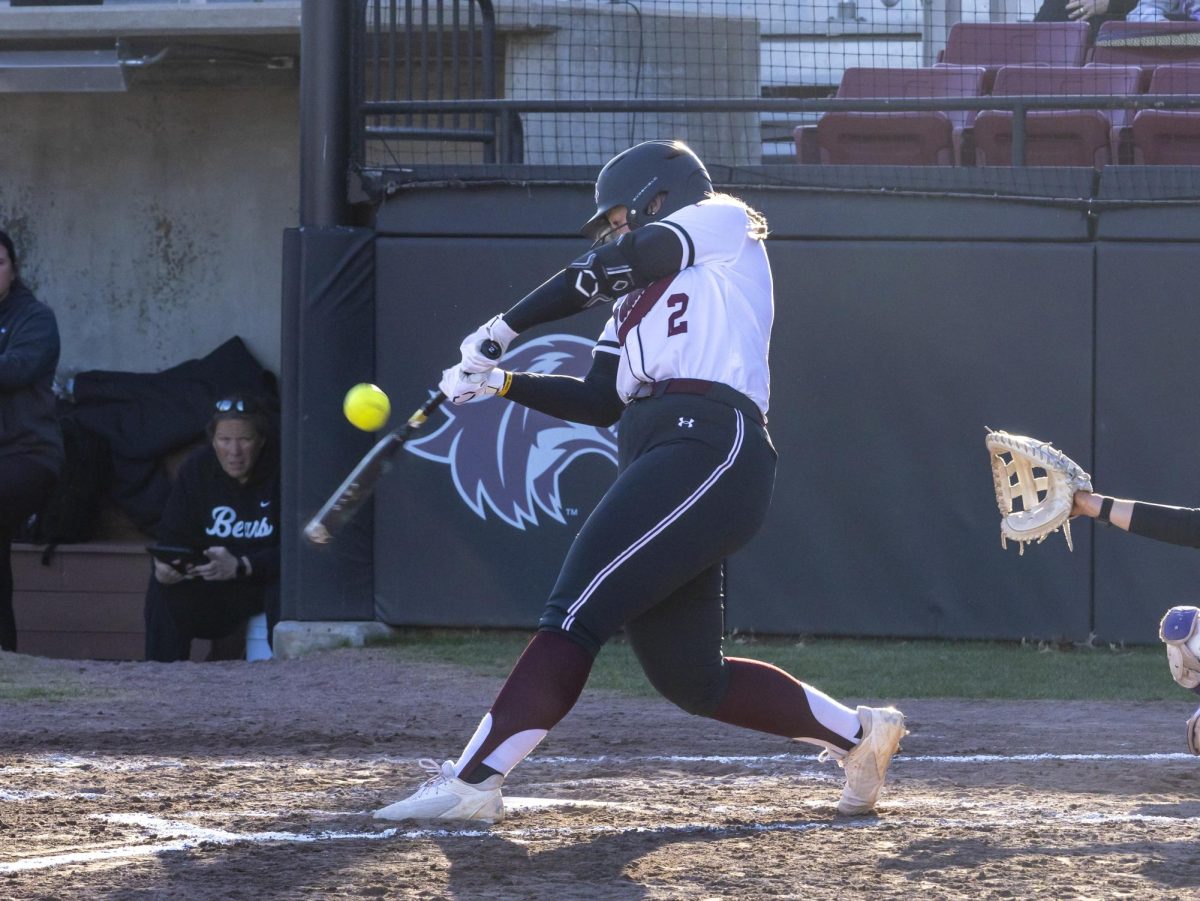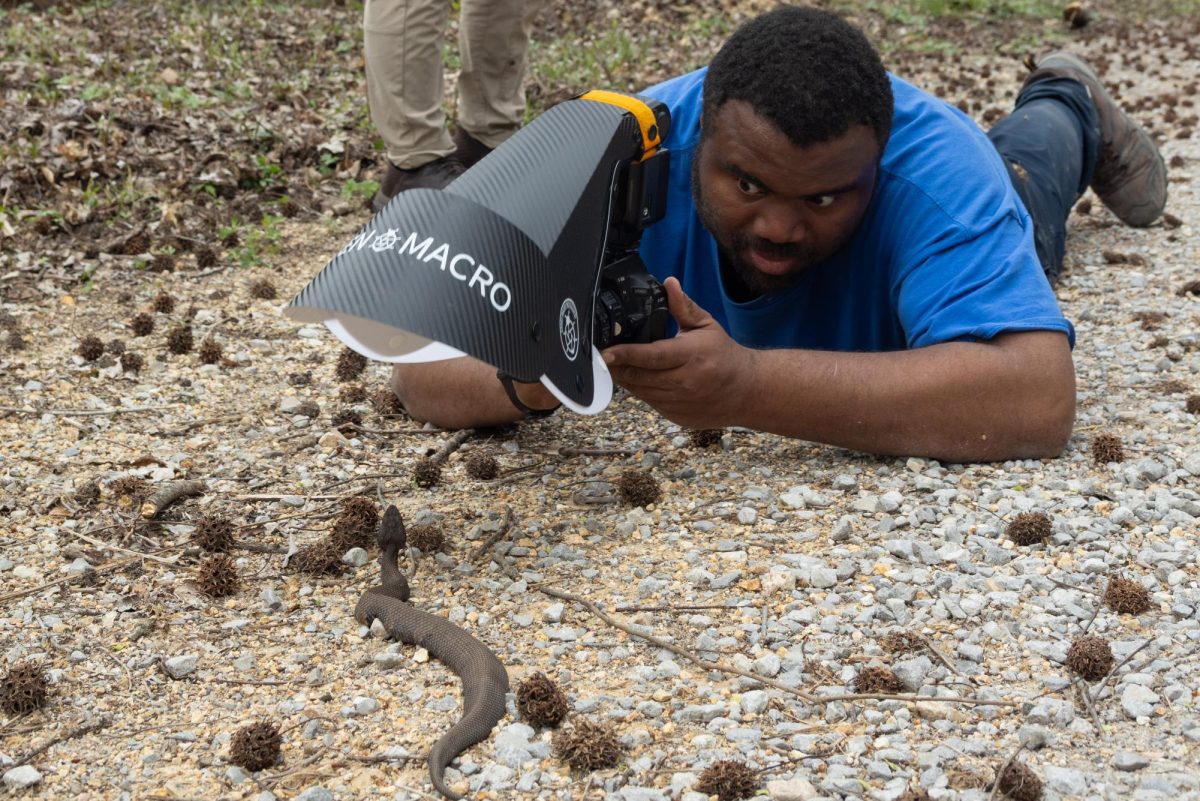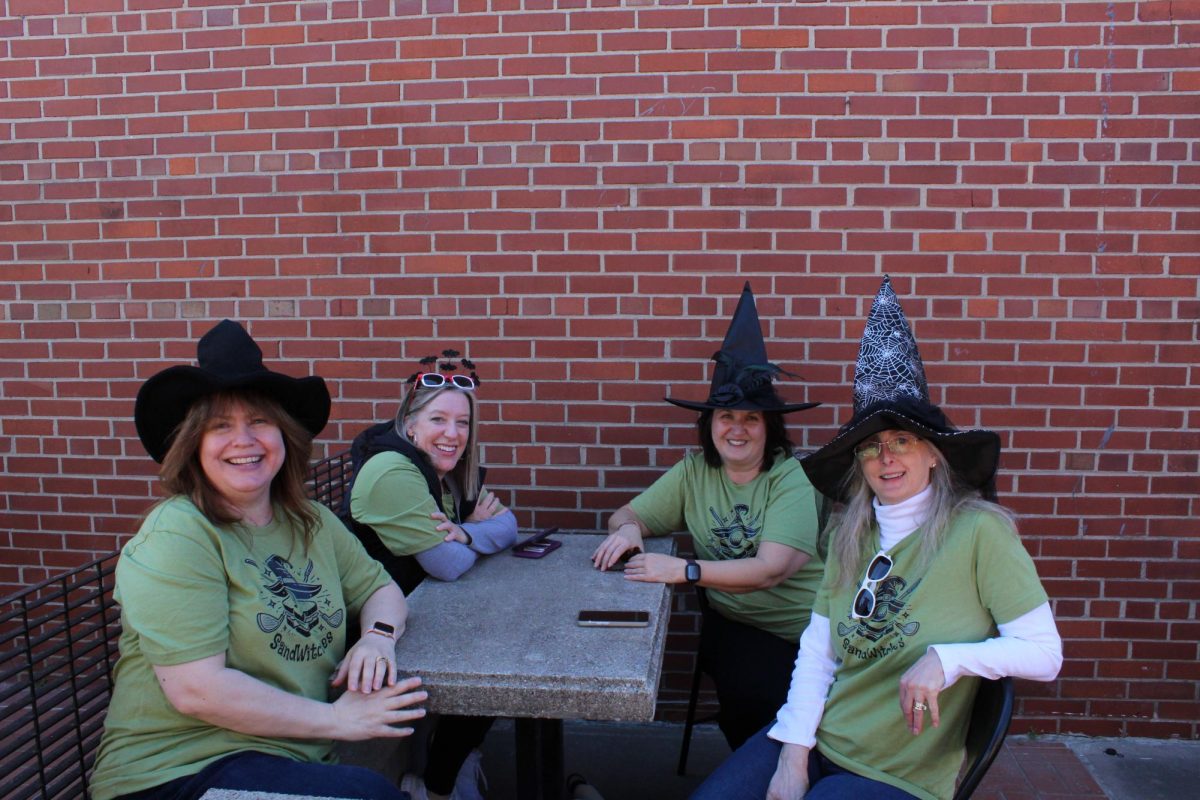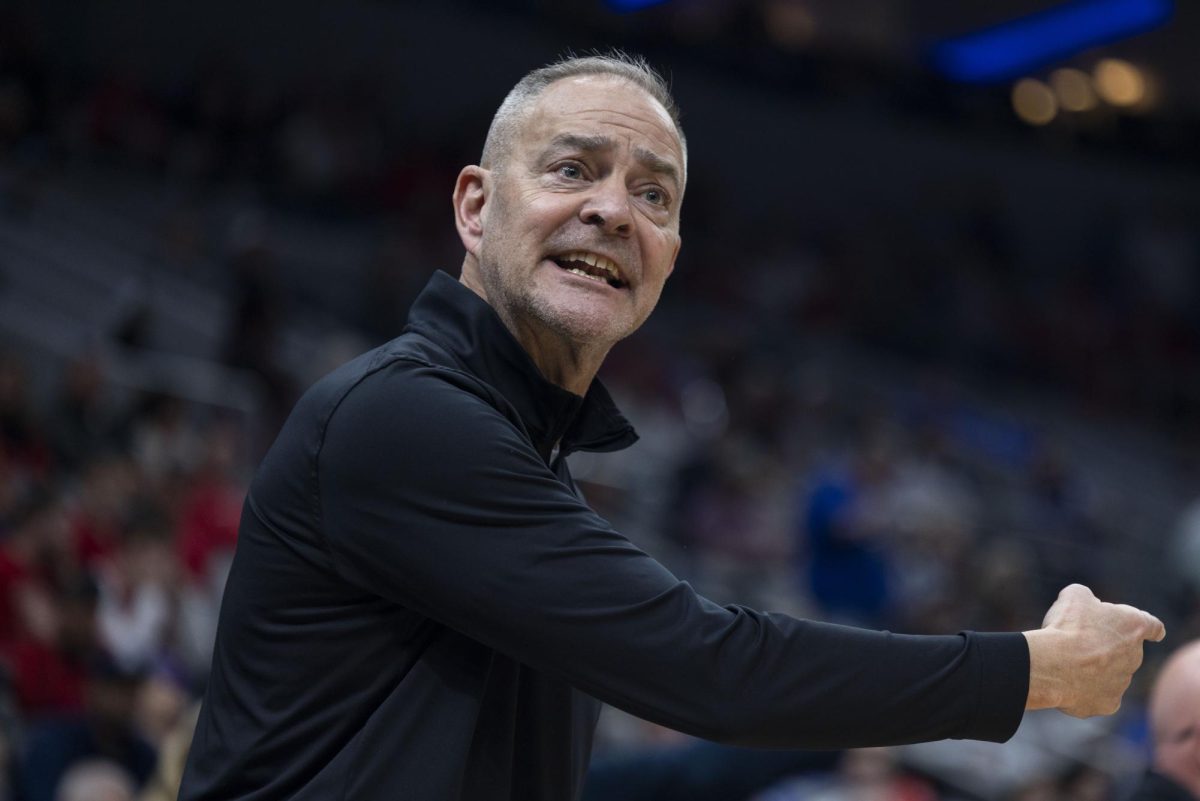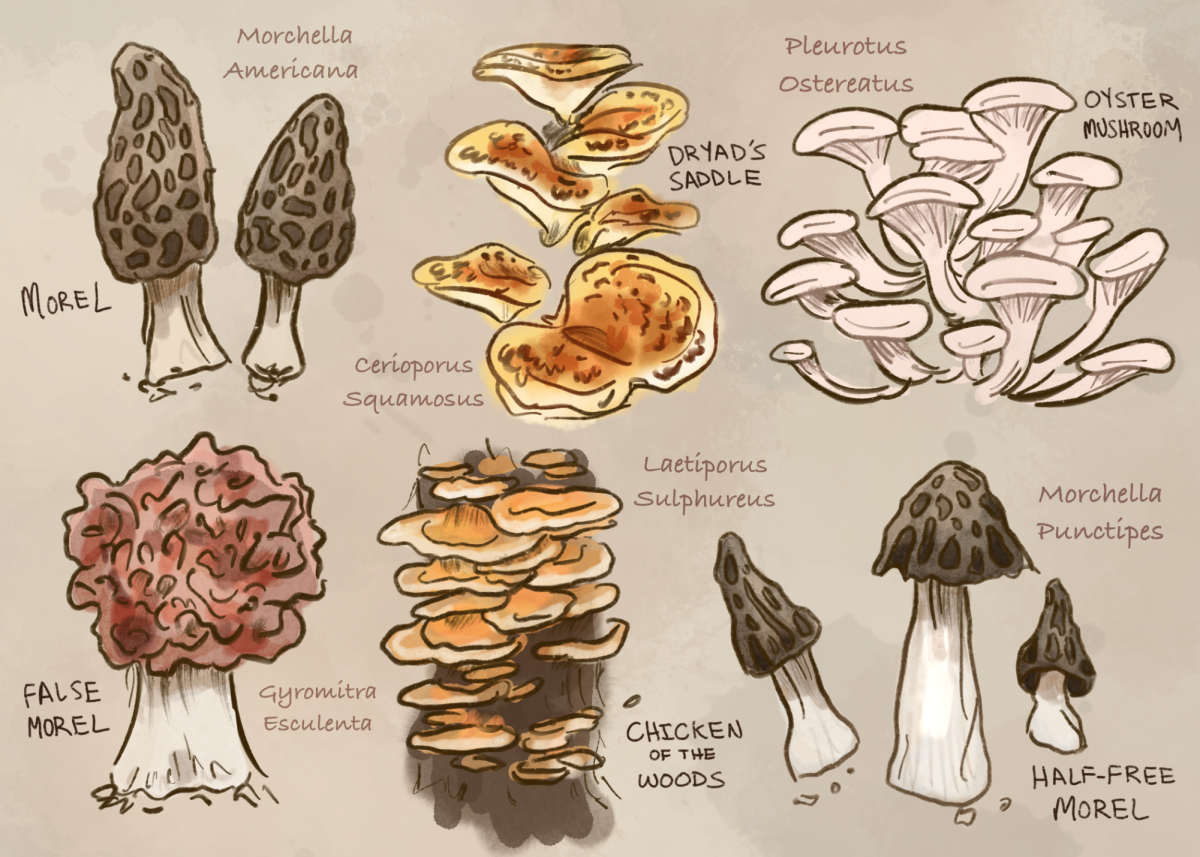Janice Rusell, a longtime resident of Cario used to frequently drive across the river to Missouri to do her grocery shopping.
Since a new grocery store opened in Cairo over the summer, she now has an option closer to home.
Even though Rusell finds herself still going to Missouri since it lacks the meats she usually buys, Cairo’s store offers a more convenient local option, she said.
Advertisement
“I’m alone, so [I come] at least maybe three… or four times a week,” Russell said. “It depends”.
As of this summer, Cairo ended its 7-year run without a grocery store with the opening of Rise Community Market. Cairo had been without a grocery store since the Wonder Market closed in 2014.
“In some communities you see you would consider [them] healthy communities,” said Illinois’s Lt. Gov. Juliana Stratton. “Then, you have other communities, where for lots of different reasons, based on where industries pull out [and] based on targeted disinvestment, and lots of other issues in the communities” their struggles are more pronounced.
Stratton said there is a perception that food insecurity in Illinois is mostly a problem in urban areas. But it’s also very much a problem in Illinois’s rural communities. Across the country, these challenges have only worsened with the COVID-19 pandemic.
“Even in farming communities, there are people who think, well if it’s a rural community, or if it’s a farming or agricultural community, there’s no food insecurity,” Stratton said. “That’s simply not true.”
In addition to food insecurity in rural communities, there’s usually one store and it’s Dollar General that doesn’t sell fresh produce. Just frozen meals and canned goods, Stratton said.
“I think about, do people have access to food? I think about, do people have access to a grocery store that sells healthy, nutrient-dense food,” said Stratton. “I also just often think about how you’d be surprised at the number of people that don’t have access to that type of food for so many different reasons.”
Advertisement*
Being from Chicago, Stratton said she wanted to learn more about agriculture and realized how the U.S. Department of Agriculture (USDA) has policies rooted in systemic racism disconnecting specifically Black people from the land to the point where Black people don’t know the benefits of what it can produce.
“By understanding our connection to the land, we can feed our communities and address food insecurity,” Stratton said. “That’s from looking back and looking to my ancestors and forward to my daughter.”
This summer, Gov. J.B. Pritzker signed a new initiative to invest $20 million in food desserts in the state.
In the press release, Gov. Pritzker said, “When our residents struggle to keep a roof over their head, can’t put food on the table, or have to choose between paying for basic medical care and keeping the lights on- that’s a failure of a system. That’s why I’m proud to sign into law the Illinois Grocery Initiative- a first-of-its-kind $20 million investment to open or expand grocery stores in underserved rural towns and urban neighborhoods.”
Stratton said the grocery store initiative is a part of the state 2024 fiscal year budget that began in July of this year. With the help of people like Sens. Christopher Belt and Dale Fowler, and Rep. Mary Beth Canty they were able to come together to make the initiative.
“We had these diverse legislators coming together to say we need to address the fact that there are too many not just food desserts, but we need to do more to help community and community led grocery stores,” Stratton said.
Stratton emphasizes the importance of the grocery store being community-run because of the trend of large grocery store chains leaving small communities because they’re not making the profit they expected.
Before the initiative, Stratton traveled across the state, visiting communities and farmers to listen to what the people wanted. Along the way, Stratton met Sean Park who works for Illinois Institute for Rural Affairs at Western Illinois University.
“Years ago, it was a Piggly Wiggly grocery store,” said Park, who’s working on a bigger community project in Cairo with other people from Western Illinois University. “That’s too big for that town and the town is shrinking. Fortunately […] the Delta Regional Authority bought the building, and they did some upkeep on it.”
It started when he told his idea to the lieutenant governor during an informal luncheon with members of the Governor’s Rural Affairs Council
“She really liked it. She said, can you work in two different places? Can you work in Cairo, and can you work in… the Southside of Chicago,” Park said
Park said because of the building’s condition, several businesses inhabited it in the past but didn’t stay, and a space of that size was perfect for the grocery store.
The store manager and Cairo resident Robert Edwards has around 20 years of experience and fits the job perfectly.
“Just giving him a chance to actually work that grocery store and then when we get the meat department, we should be up to the sales numbers we need,” Park said. “Which hopefully will put us around $1.2 million in revenue for the year.”
Once Edwards is up to speed Park believes it will have a really big impact. But both Park and the board of the grocery store are already getting ideas for improvements.
In early November the board of the co-op led by the president Gabrielle Harris held an informational meeting to get people to understand the importance of the co-op and the progress that has been made.
“That’s where we’re really going at, to make sure that everyone understands the value of it being a co-op, said Harris in the meeting. “When it’s about making decisions, you’re part of that and we want you guys and young ladies to understand that as we move forward.”
Being a part of the co-op means investing time into it which includes future committees, jobs that might need to be taken and volunteering to help around when needed, Harris said.
“I think the number that was thrown out was maybe two hours a month, which is not a whole lot,” said Harris. “We just want everyone to actually start taking on that responsibility as far as being the owner member.”
One of the reasons volunteering is needed since they had to lay off employees because they couldn’t continue to pay them with the store’s current revenue.
Even with this happening, the board wants to make sure that the people help and come to them with anything that they want to communicate for improving the co-op moving forward.
“It’s important to understand that you have a voice […] you got to have individuals that can come and say, well, you know, maybe I can help here, or I can help there,” Harris said. “Before we leave, tonight, we’re going to ask everyone that’s a member, if they can volunteer your time.”
To find more information on the Rise Community Market you can go to their website and the store’s gofundme.
(Editor’s note: This story was produced in partnership with the Pulitzer Center.)
Advertisement



